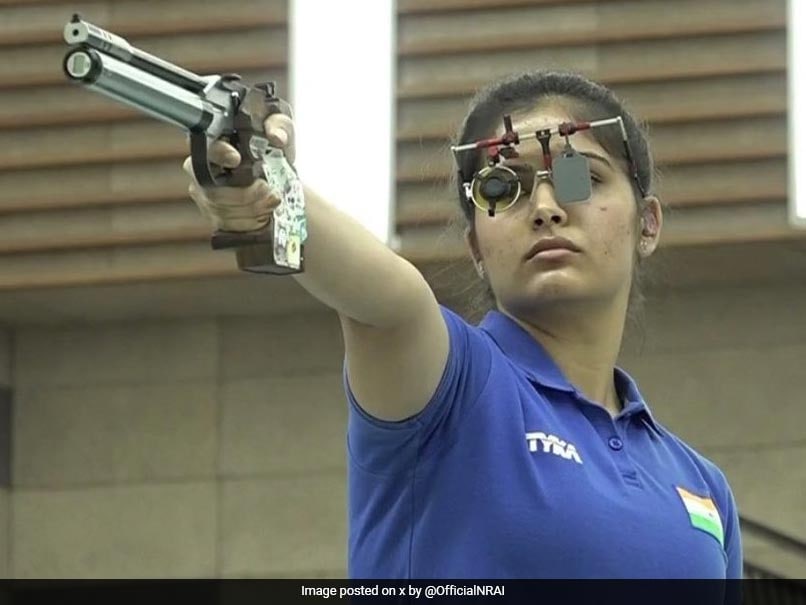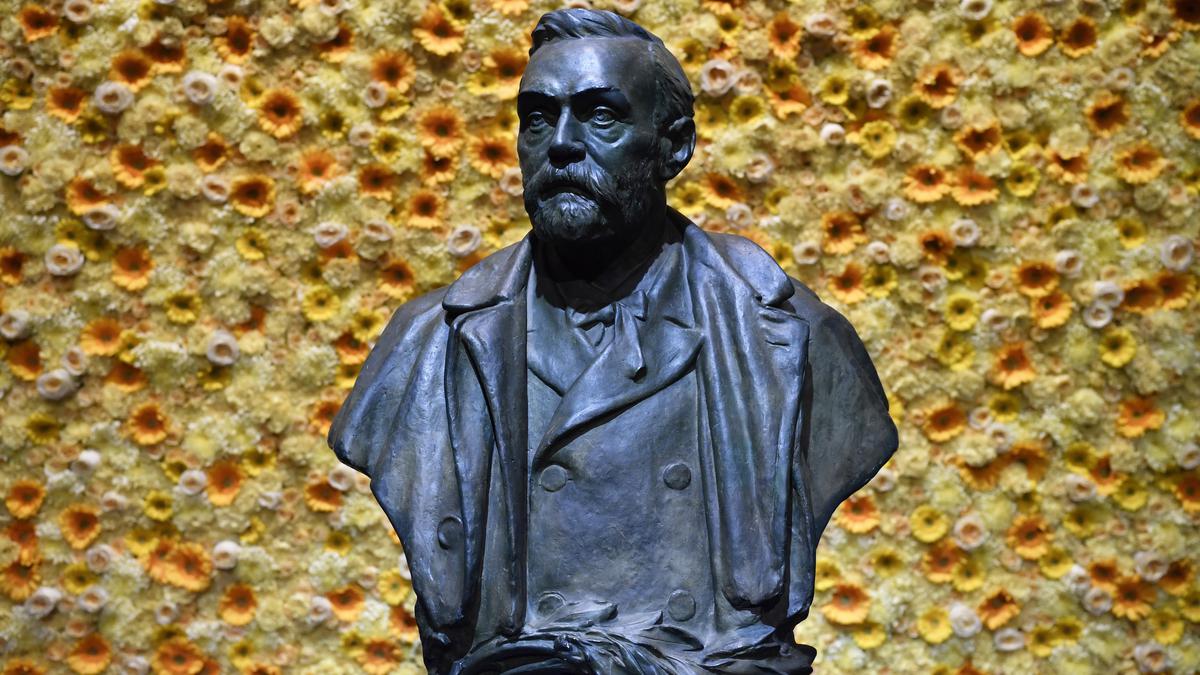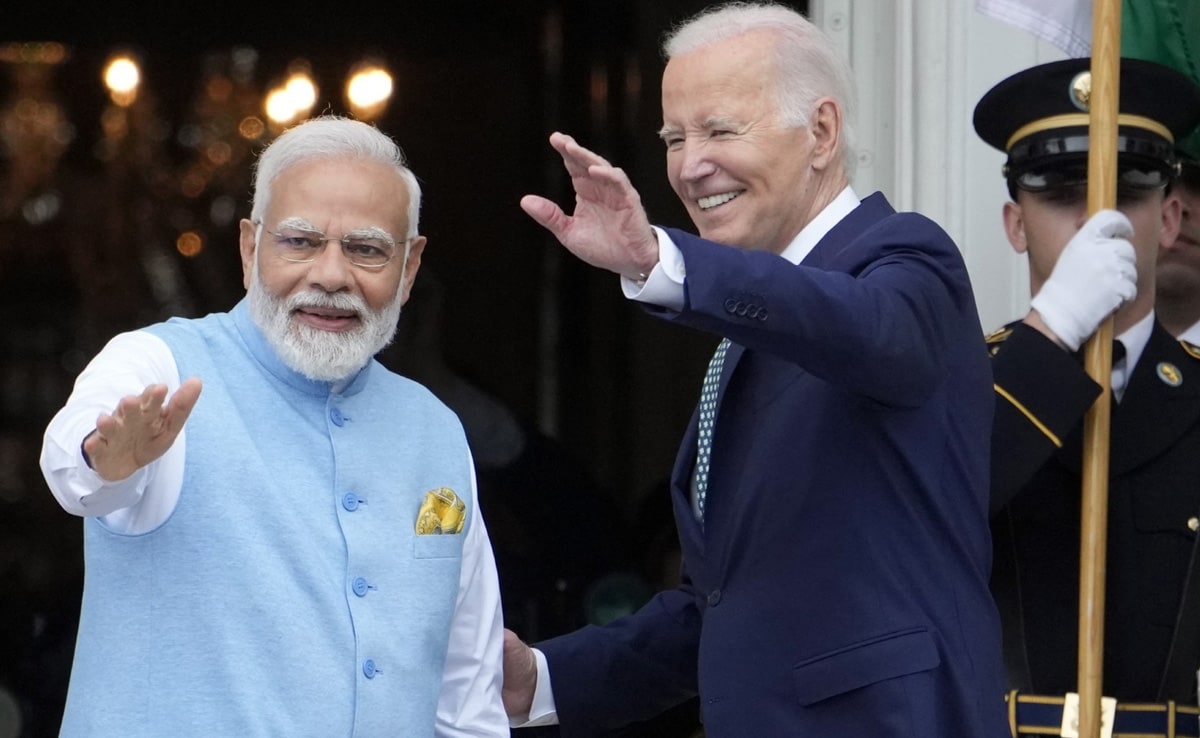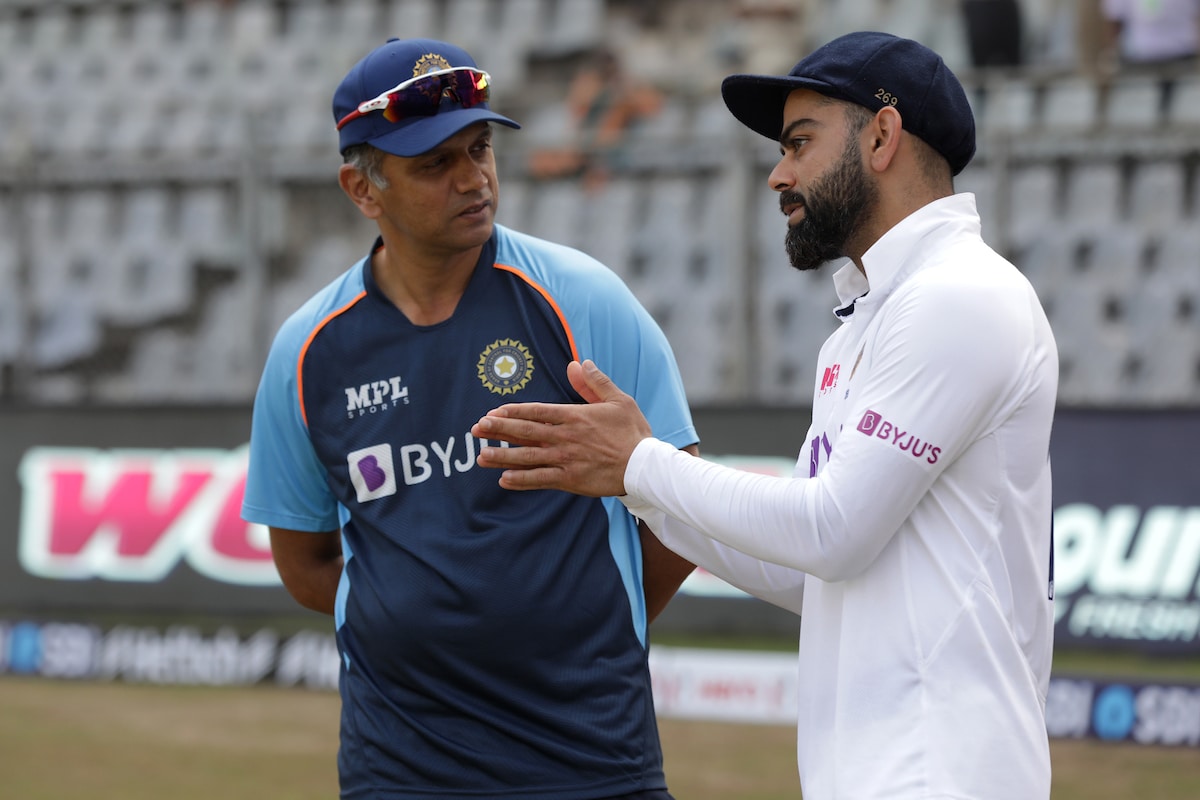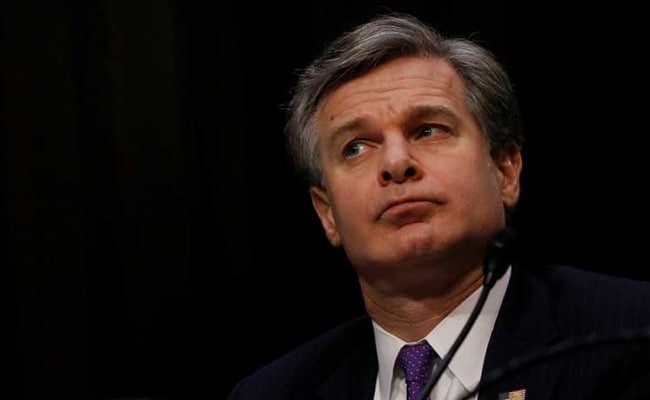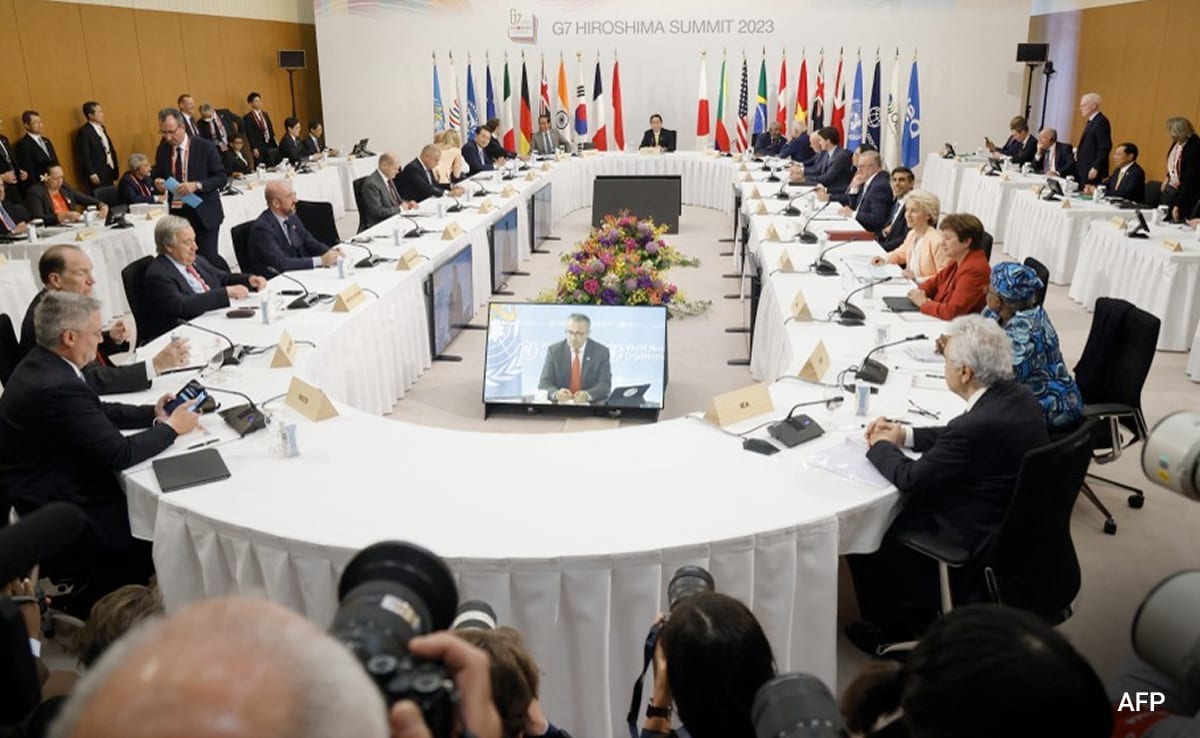Britain’s Prime Minister Rishi Sunak delivers a speech on AI at Royal Society, Carlton House Terrace, London on October 26, 2023.
| Photo Credit: AP
Projecting Britain as a global leader in Artificial Intelligence (AI), Prime Minister Rishi Sunak called for a joint global statement on AI safety. His speech coincided with the release of papers on the risks of AI produced by the U.K.’s intelligence agencies ahead of an international ‘AI Safety Summit’ in Bletchley Park next week.
Speaking at the Royal Society on Thursday, Mr. Sunak outlined some of the reports’ findings, including the possibility that AI could be used to build chemical and biological weapons – and an “unlikely but extreme” scenario in which human beings could ‘completely’ lose control over AI.
However, Mr. Sunak said he did not want to be alarmist and was quick to add that the U.K. was not “in a rush to regulate” the technology.
While he spoke at length about the benefits of AI, Mr. Sunak also said the world had no shared understanding of its risks.
“That’s why we will push hard to agree on the first ever international statement about the nature of these risks,” he said, adding that this should be inspired by the Intergovernmental Panel on Climate Change.
Mr. Sunak, who plans to ask governments attending the November 1-2 summit to establish a global panel of experts to publish a ‘State of AI Science’ report, also announced the setting up of an AI Safety Institute, which would work with companies and others to ensure AI systems were safe before they were rolled out.
The guest list has been a matter of speculation with reports that several G7 heads of government – such as German Chancellor Olaf Scholz and Canadian Prime Minister Justin Trudeau – were not likely to attend. While the full list of invitees has not been released, Mr. Sunak said that China would be represented. Beijing’s presence has been controversial owing to tensions – including over technology policy – between China and the west.
European Commission President Ursula von der Leyen is also expected to attend.
While U.S. President Joe Biden would not attend the safety summit, Vice President Kamala Harris was expected to attend the Bletchley meeting, the White House said on Thursday.
“She will continue to advocate for: protecting human rights, civil rights, labor rights, consumer rights, and privacy; international rules and norms that reflect democratic values and interests; the inclusion of civil society in AI policymaking; and accountability for the private sector,” the White House said.

